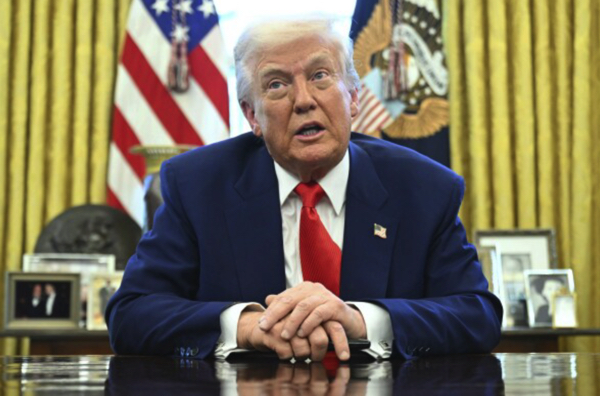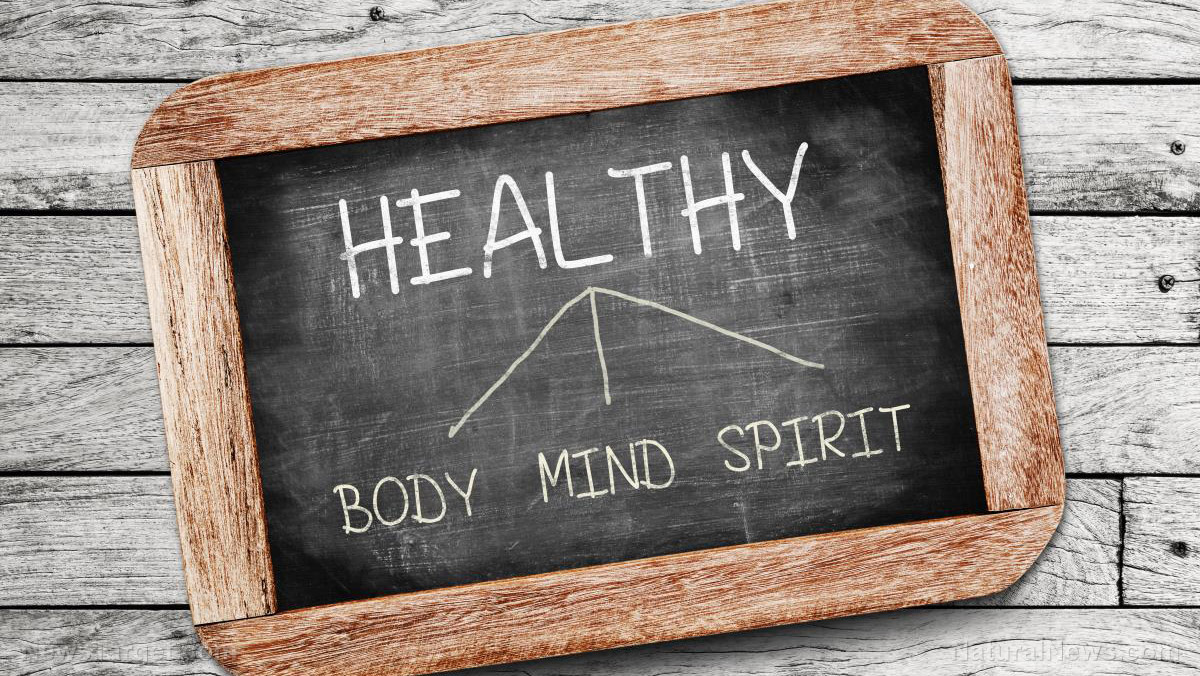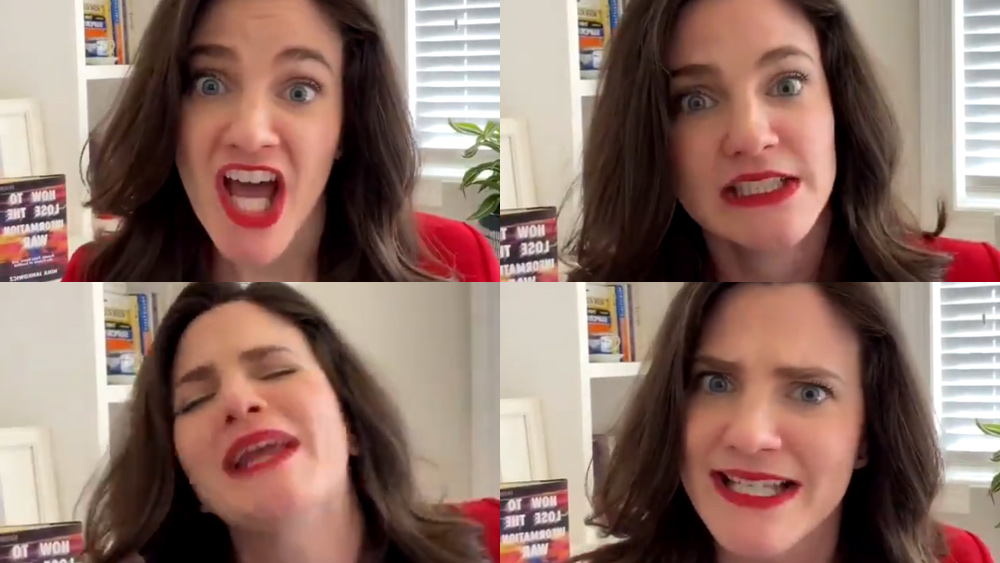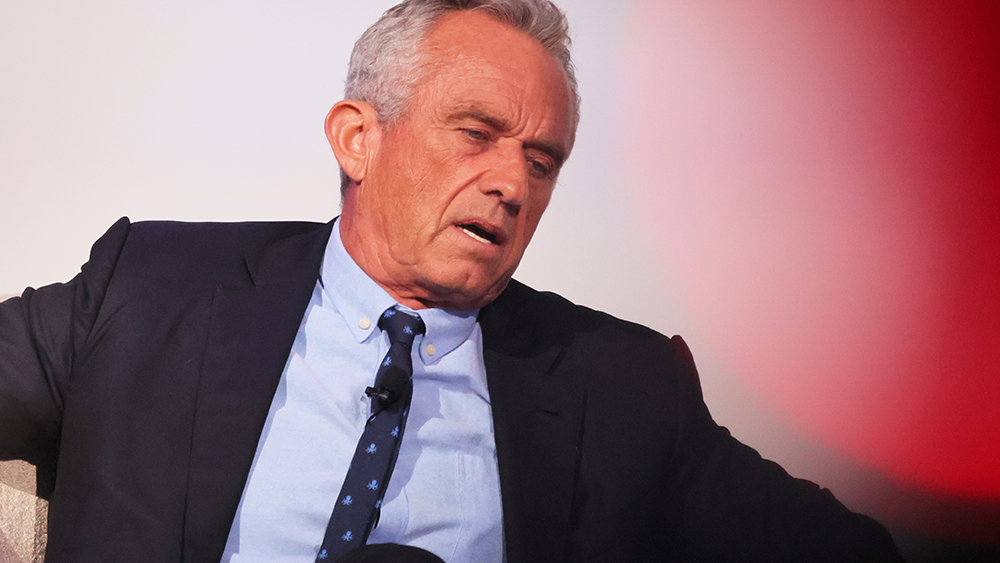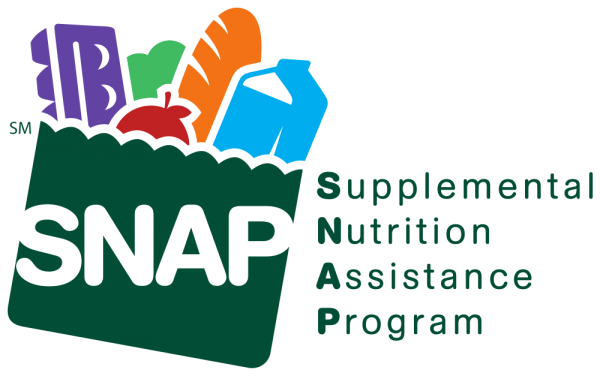New York’s "RFK Jr. Act" sparks backlash as medical freedom groups rally against adult vaccine tracking
By willowt // 2025-04-27
Tweet
Share
Copy

- The "RFK Jr. Act" in New York would require healthcare providers to report all adult vaccinations to a state database. State Sen. Brad Hoylman-Sigal introduced it as a direct response to RFK Jr.’s vaccine skepticism, sparking debates over privacy and public health.
- Advocacy groups like Teachers for Choice and the Autism Action Network oppose the bill, arguing it could lead to vaccine passports and discrimination against unvaccinated individuals. A protest in Albany is planned for May 14.
- The bill’s title mocks RFK Jr.’s vaccine-critical stance. Critics claim it’s a distraction from the bill’s implications, while supporters say it counters "misinformation" and safeguards public health.
- Opponents warn the opt-out process is unclear, risking forced surveillance, while proponents argue the registry tracks immunity trends and prevents outbreaks, similar to systems in 28 other states.
- The bill’s fate (due by June 6) could influence national policy amid RFK Jr.’s federal health leadership. The clash highlights tensions between disease prevention and individual medical freedom.
How the RFK Jr. Act got its name
The bill’s moniker is itself a point of contention. Hoylman-Sigal, a Manhattan Democrat, rebranded the legislation earlier this year to mock Kennedy’s vocal stance against mandated vaccines, particularly after his Senate confirmation as HHS secretary. The senator’s press release called Kennedy a “notorious vaccine skeptic” and tied the law to preventing disease resurgence as Kennedy seeks to roll back federal vaccine policies. Critics argue the name is a strategic distraction from the bill’s substance. John Gilmore, executive director of the Autism Action Network, said Hoylman-Sigal’s rhetoric reflects a deeper alliance with pharmaceutical interests. “He’s Pharma’s biggest friend in the legislature,” Gilmore said, noting the bill could benefit vaccine manufacturers by streamlining data collection.Opponents argue for privacy and freedom
Medical freedom advocates claim the bill’s opt-out provisions are inadequately publicized, leaving many unaware their vaccination records could be tracked unless they actively decline. Michael Kane, founder of Teachers for Choice, warned this could enable punitive measures against unvaccinated individuals. “[The database] would lay the groundwork for digital vaccine passports,” Kane said, citing concerns over civil liberties. The May 14 rally, titled “Restore and Reclaim Our Jobs, Our Exemptions, Our Rights!”, aims to unite opposition to not only the RFK Jr. Act but also broader issues like reinstating New York’s religious vaccine exemptions for schoolchildren and protecting employment rights for unvaccinated workers. Attendees will hear from civil rights attorney Sujata Gibson and author Naomi Wolf, among others. Kane highlighted past victories: since 2019, similar bills have failed after grassroots campaigns flipped public sentiment. “We’ve beaten every bill we focused on. This isn’t just about vaccines—it’s about who controls our bodies,” he said.Supporters cite public health necessity
Proponents argue the registry is a logical extension of New York’s existing system for children under 19. Hygiene data collection, they say, ensures accurate records for patients receiving care from multiple providers and aids rapid responses to outbreaks. Hoylman-Sigal noted 28 states already maintain similar registries, calling the bill “common sense.” “The reduction of vaccine-preventable diseases is one of our greatest public health achievements,” he stated in the press release, warning Kennedy’s federal influence could undermine Big Pharma's progress. The bill also aligns with efforts to counter 'misinformation', including Kennedy’s research linking vaccines to autism—ignoring the logic of developing scientific knowledge and the need for unbiased, open-minded review of 'the science' (also knows as zealotry).A test for public health and privacy
The bill must pass both houses by June 6 to reach Gov. Kathy Hochul’s desk. While it cleared the Assembly twice before, its Senate fate remains uncertain. Gilmore admitted timing is unpredictable but noted political pressure could stall it in an election year. “We’ve got to keep the heat on,” he said. The RFK Jr. Act’s outcome could set a national precedent, particularly as Kennedy’s HHS leadership redefines federal health policy. For opponents, the debate crystallizes a broader struggle: balancing disease prevention with individual autonomy. As Kane put it, “Healthcare should be a right, not a surveillance tool.” Sources for this article include: ChildrensHealthDefense.org NYSenate.govTweet
Share
Copy
Tagged Under:
big government rigged medical freedom health freedom Medical Tyranny biased resist Dangerous Medicine Censored Science personal privacy privacy watch left cult badhealth badmedicine dangerous precedent
You Might Also Like
Klitschko: Ukraine may need to temporarily cede territories for peace
By Ramon Tomey // Share
Brett Wilcox’s “Jabbed”: Unveiling the controversy behind vaccines
By Belle Carter // Share
Recent News
Klitschko: Ukraine may need to temporarily cede territories for peace
By ramontomeydw // Share
USDA tightens SNAP eligibility rules to prevent benefits for illegal immigrants
By lauraharris // Share
TRADE WAR FALLOUT: Chinese factories slow production as U.S. tariffs bite
By lauraharris // Share
